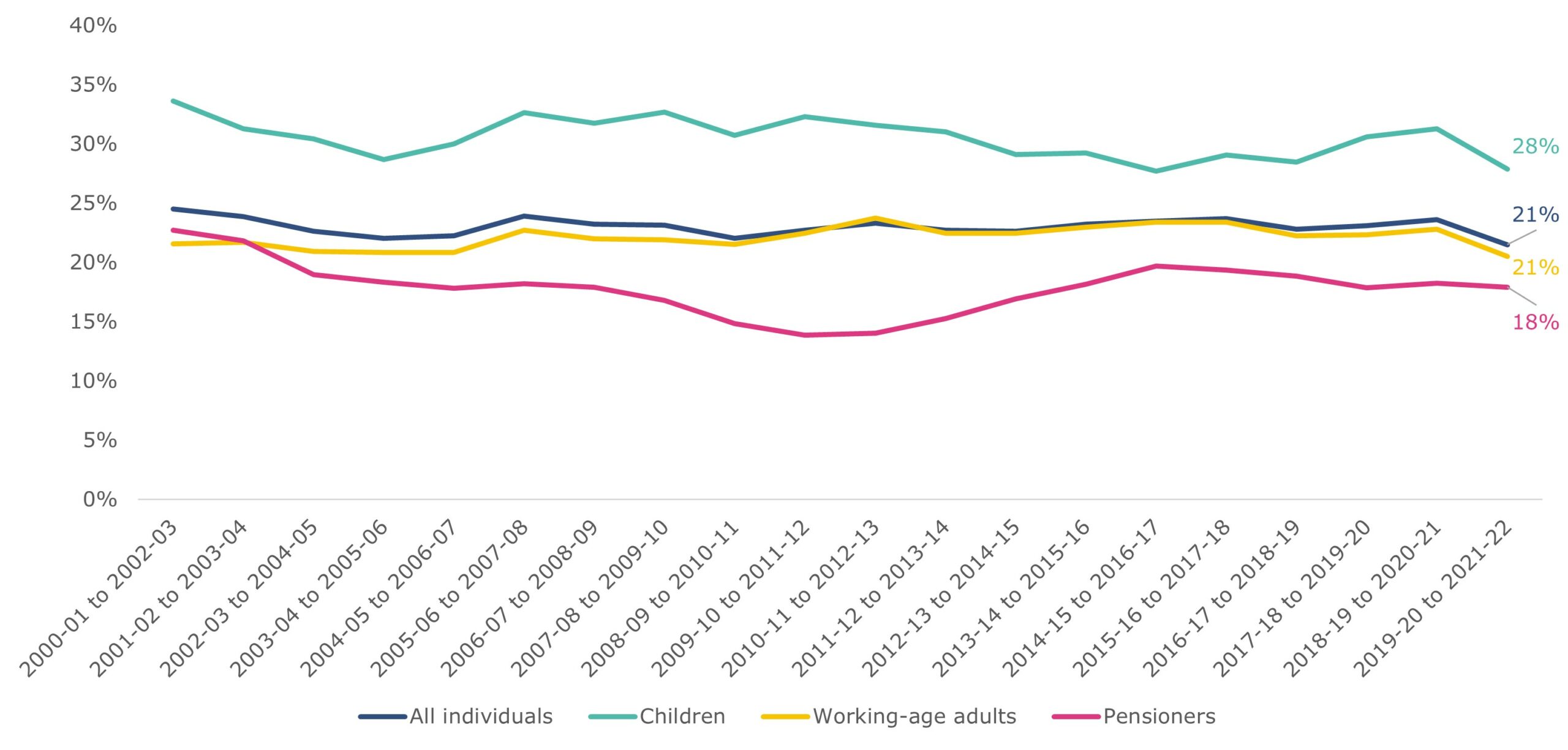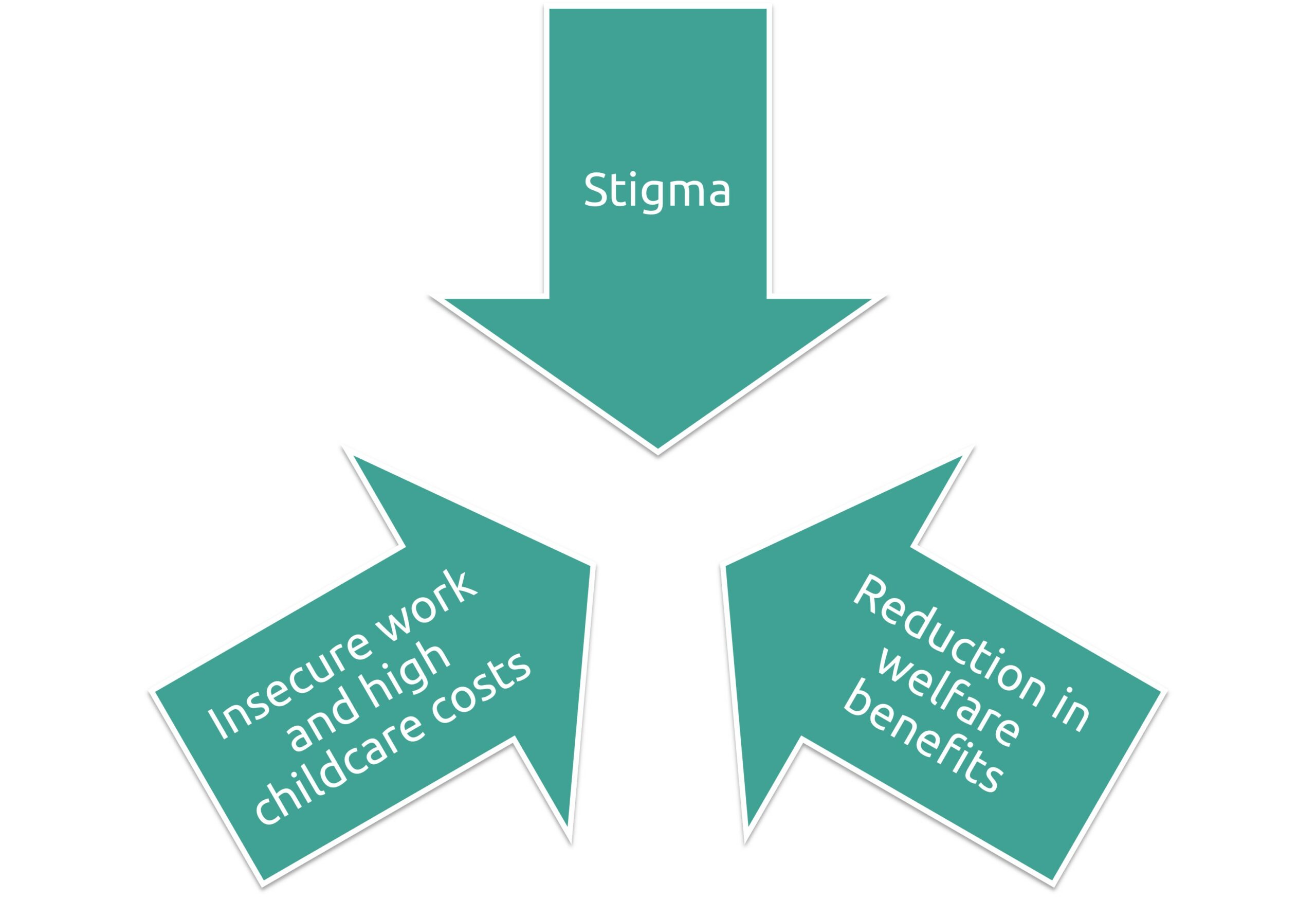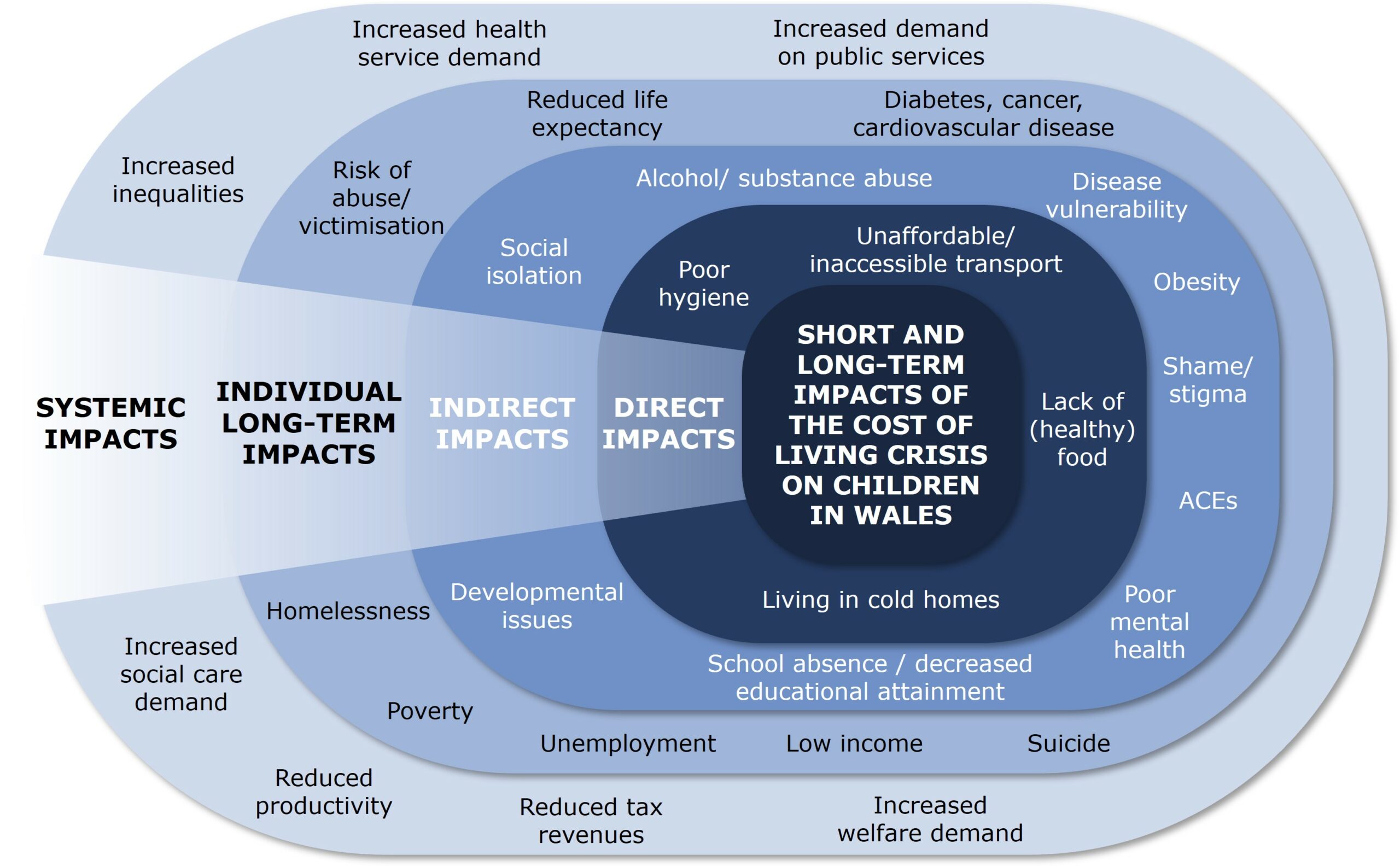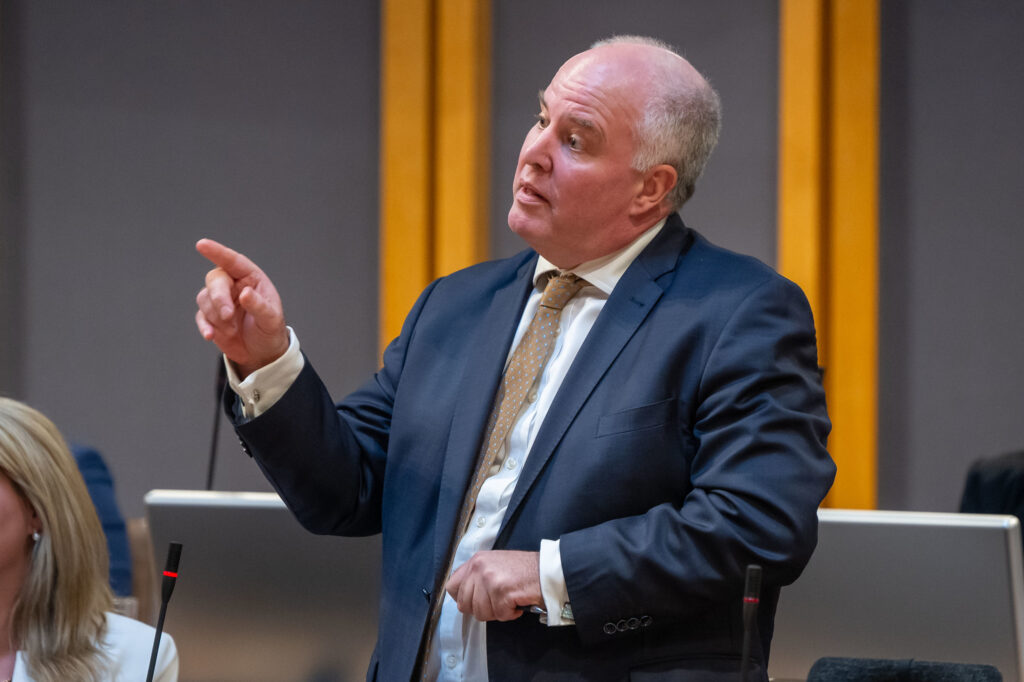Dr Louisa Petchey and Manon Roberts from Public Health Wales explore the core foundation for building a healthier and more equal future for Wales.
Ensuring every child has the best start in life is a core foundation for building a healthier and more equal future for Wales and is a priority for tackling inequalities. But poverty and the compounding impacts of the cost of living crisis are threatening children’s development now and their outcomes in later life. Public Health Wales has been looking into the impacts of the cost of living crisis on children in Wales, with the aim of supporting the development of Welsh Government’s revised Child Poverty Strategy for Wales.
Why are children particularly at risk?
Children have the highest risk of poverty of all age groups in Wales: nearly one in three (28%) children in Wales are living in relative income poverty. Children in larger, lone-parent and workless families are at particularly high risk.

There is very strong evidence that the first 1000 days (from pregnancy to a child’s second birthday) represents a critical developmental period, where we see the most rapid phase of brain growth and development and where the foundations for future health, well-being and prosperity are built.
Children are therefore both at greatest risk of being in poverty and at greater risk of poverty’s negative impacts on health, well-being and development. And while inflation has decreased somewhat from its peak of 11.1% in October 2022, households in Wales are still concerned. Public Health Wales’s most recent Time to Talk Public Health Panel – a nationally representative panel of 2,500 residents across Wales – shows that while nearly a quarter (23%) of people in Wales are concerned ‘a lot’ about their financial position this autumn, this nearly doubles to 42% who are concerned ‘a lot’ for this winter. Worse off households show higher levels of concern.
What has contributed to children’s higher risk of poverty?
The cost of living crisis has followed a sustained reduction in welfare benefits available to families with children since 2010. Changes have included the two-child limit and the benefit cap. These welfare reductions have been shown to disproportionately affect children living in the least well-off areas, leading to increased child poverty and worsening health outcomes in these areas, and correlating with a rise in infant mortality rates.
Real-term cuts to family income and welfare payments interact with a high prevalence of insecure, low-paid work, and high childcare costs, all of which increase the risk that even children living in working households experience poverty.
Stigma acts as a crucial barrier to support, particularly take-up of benefits and support schemes such as free school meals, with negative knock-on effects on children’s health and well-being.

How is the cost of living crisis impacting the health and well-being of children in Wales?
Not having enough money for the essentials needed for a healthy life can affect different aspects of the lives of children and their families, in direct and indirect ways.
Direct impacts of the cost of living crisis include not being able to afford to put the heating on, or of not being able to afford enough nutritious food. This puts children at a higher risk of asthma, due to living in a cold, damp home, or obesity, due to eating less nutritious food that is more filling and cheaper per calorie. The most recent Time to Talk Public Health Panel showed that the cost of living crisis is also increasing the risk of hygiene poverty, with almost 1 in 3 (29%) respondents cutting back on hot showers/baths and laundry due to increasing costs. This has significant implications for children’s mental health.
We can expect negative physical and mental health outcomes in childhood driven by the cost of living crisis to continue even after the economic crisis has abated. For example, decreased school attendance and attainment can result in difficulties in finding work in the longer term, especially secure and well-paid work which allows for a good quality of life. This can in turn lead to poor mental health in later life, causing an accumulation of disadvantage across the life-course and trapping people in poverty, including future generations.
It is therefore likely that, by increasing child poverty and the long-term negative impacts on health that result, the cost of living crisis will:
- decrease the life expectancy of children growing up in the worst off areas of Wales over their life-course;
- further entrench existing inequalities in health between these worst off children and those living in better off areas of Wales; and
- trap some children and families in a cycle of poverty and disadvantage, across generations.

How can the revised Child Poverty Strategy for Wales support children?
Child poverty and its impact on health and well-being are complex and cross-cutting issues with multiple drivers. A cross-government plan is therefore required to reduce poverty and the health harms that come from it.
The Welsh Government is currently developing a revised Child Poverty Strategy for Wales. This provides an opportunity to renew efforts to reduce child poverty in ways that are effective and evidence-based, and importantly, to ensure that these efforts reflect the added urgency and severity created by the cost of living crisis. Doing this will require the strategy to address the long-standing underlying drivers of child poverty in Wales as well as the specific health and well-being impacts on children caused by the current cost of living crisis.
What needs to be done?
Clear strategic leadership is required to tackle the underlying causes of stubbornly high rates of child poverty in Wales and the health inequalities that result from it. Public Health Wales’s analysis highlights eleven priority policy action areas:
- Providing financial support for children and families
- Improving parental employment and income
- Supporting community food organisations
- Improving the energy efficiency of family homes
- Reducing hygiene poverty
- Increasing the availability and reducing the cost of childcare
- Increasing the availability and reducing the costs of public transport for children
- Reducing the cost of school attendance and remote learning
- Preventing adverse childhood experiences (ACEs)
- Improving mental well-being support for children and families
- Reducing stigma and shame around poverty
As we argued in our previous report, which looked at the public health impacts of the cost of living crisis in general, there are a number of key principles that should underpin a public health approach to the crisis. These include putting social justice, health and sustainability at the heart of all policies, with an overriding priority of giving every child the best start in life, ensuring their needs and rights are met and recognising that disadvantage can start before birth and accumulate over the life-course. Whilst there is considerable finance pressure on government and public services in Wales, tackling child poverty is at the heart of securing a better and more resilient future for Wales and is a priority for tackling inequalities.
These principles will help ensure that the revised Child Poverty Strategy for Wales will provide a framework for prioritising the health and well-being of children during this time of crisis while also setting a course for a healthier and more equal future for Wales.
All articles published on the welsh agenda are subject to IWA’s disclaimer. If you want to support our work tackling Wales’ key challenges, consider becoming a member.





